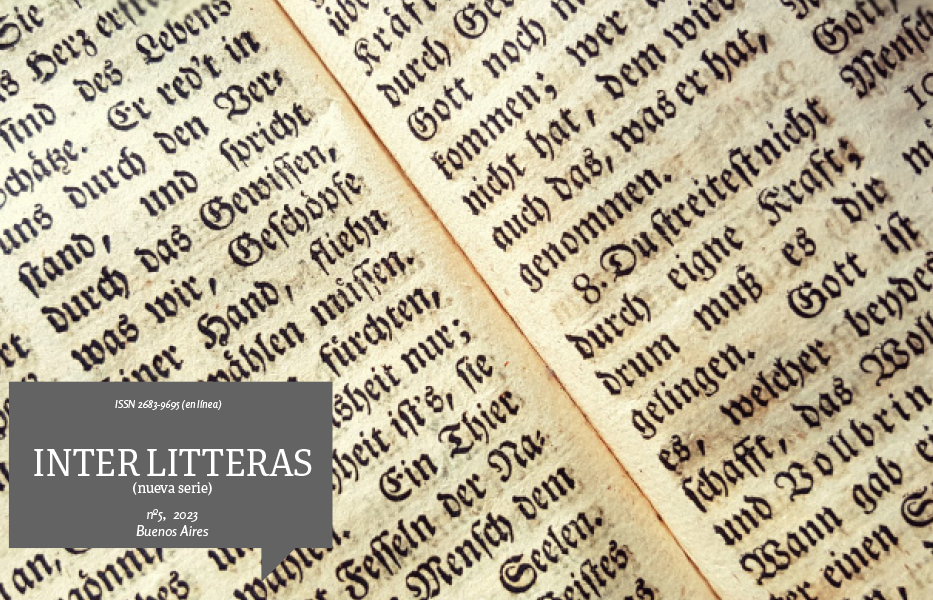An Everyday Job: Traces of the kabbalistic method in a Chapter of Franz Kafka’s The Trial
Keywords:
Kafka; kabbalah; trial; legend; law
Abstract
In the second to last chapter of The Trial, Joseph K. establishes an interaction with the clergyman of a cathedral about the proper interpretation of the legend “Before the Law”, which the clergyman narrates in its entirety. The dialog brings to light what could be called the naked force of kafkaesque storytelling: an internal tension containing in its poles both the strive for decipherement and the need for an infinite opening of the text. Following a method that cuts across from the social and extratextual to the specifically literary, this article aims to link the hermeneutic method of the kabbalists (Moshe ben Shem-Tov and Shimon Bar Iojai’s Book of Splendor especially) with a sociological reading of jewish identity in imperial Prague, using the before mentioned chapter of The Trial as an intersection point. Before the constant (and many times threatening) presence of an other which is always coming but never arrives, Joseph K. is torn between deciphering its will and offering a space of free will in which every interpretation of the text is possible.Downloads
Download data is not yet available.
Published
2023-12-29
How to Cite
Maveroff, J. (2023). An Everyday Job: Traces of the kabbalistic method in a Chapter of Franz Kafka’s The Trial. Inter Litteras, (5). https://doi.org/10.34096/interlitteras.n5.13992
Issue
Section
Investigación










